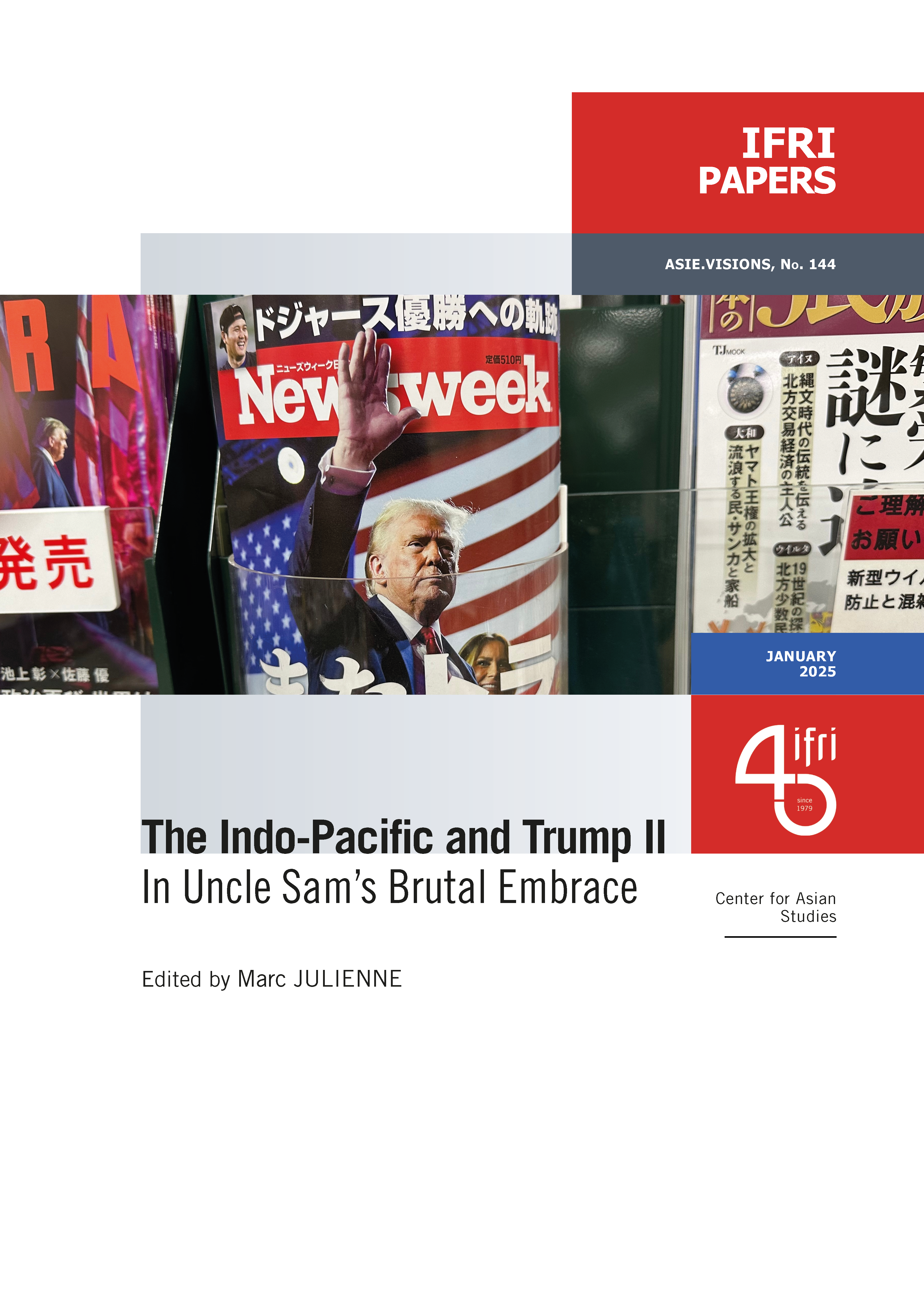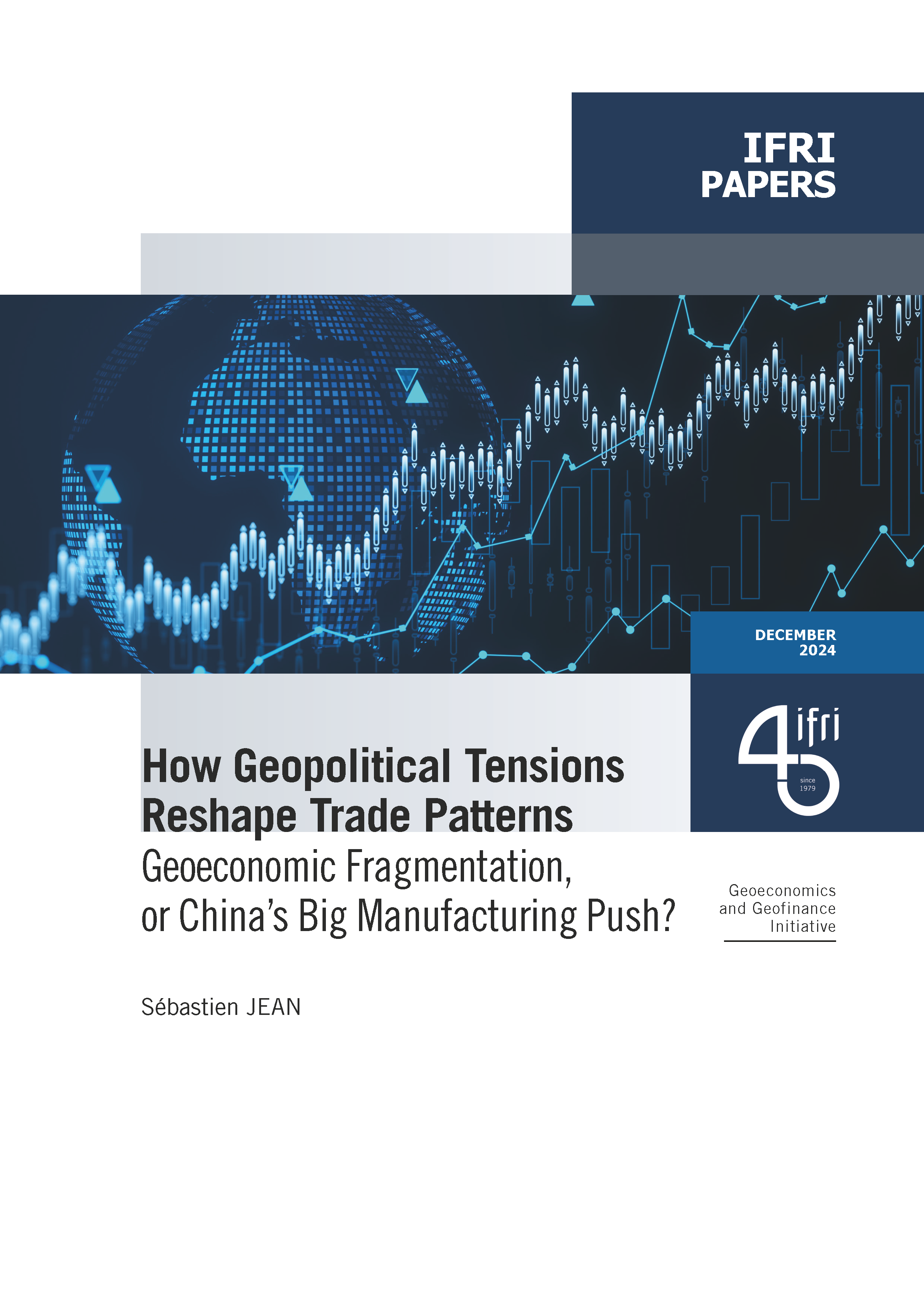Why does Macron want to renegotiate the proposed EU-Mercosur trade deal?
Last month, on a highly anticipated visit to Brazil, French President Emmanuel Macron expressed harsh criticism of the EU-MERCOSUR trade deal. He told a group of businesspeople in São Paulo: “it is a very bad deal, for you and for us.” He also said that the agreement needed to be renegotiated from scratch. But why?
Agathe Demarais, Elvire Fabry and Marie Krpata the three experts were quoted in connection with the French President's visit:
Agathe Demarais is senior policy fellow for geoeconomics at the European Council on Foreign Relations. Previously, she was the global forecasting director of the Economist Intelligence Unit (EIU)
- Macron’s reservations about the deal highlight tricky domestic politics in France. The president does not have a parliamentary majority, making a ratification unlikely. Macron also worries that populist parties could use the downsides of the agreement to attract votes from farmers in the European elections. Yet not signing the deal would be short-sighted. Mercosur countries hold vast reserves of raw materials that will be crucial for the green transition. The agreement could also convince European firms to develop supply chains in Latin America, supporting de-risking efforts. Finally, a failure to sign the agreement risks pushing Latin America closer to Beijing.
Elvire Fabry is senior research fellow on the geopolitics of trade at the at the Jacques Delors Institute. She was previously director of the European programme at the Fondation pour l’Innovation Politique
- Macron aims at restoring credibility with farmers ahead of the European elections to prevent them from supporting the far right. Additionally, the goal is to distinguish the deal from CETA to avoid its rejection by the National Assembly following the Senate's rejection. Macron advocates for negotiating mirror clauses with Mercosur. French public opinion is torn between protectionism and advocating for global public goods. This creates immense expectations that may prove challenging to meet. There's also the risk of provoking Lula to renegotiate the opening of public procurement markets, an issue he deemed to be excessive even prior to his re-election.
Marie Krpata is research fellow at the Study Committee on Franco-German Relations (CERFA) at the French Institute of International Relations (IFRI), where she works on the European Union
To avert distortions, Macron would like to add environmental and fair competition provisions (including a reference to the 2015 Paris Climate Agreement, the fight against “imported deforestation” and so-called “mirror clauses” to uphold environmental and social standards). In a context of farmers protests, which in France highlight the population’s skepticism about trade deals, the French Senate recently rejected the CETA agreement with Canada which shows how topical the subject is. With European elections approaching, Macron knows that any kind of support in favor of the agreement in its current shape would do him more harm than good on election day.
> This article is available on 100 The Hundred website.

Media:

Share






